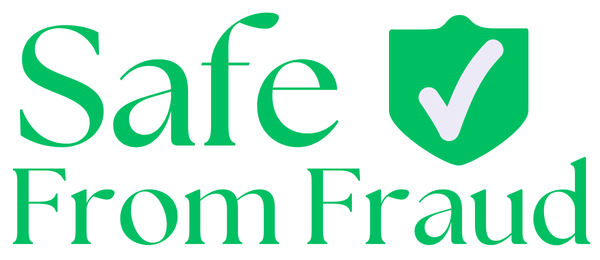In an era where our digital lives are increasingly vulnerable, securing online accounts has never been more crucial. With cyber threats evolving rapidly, safeguarding personal information requires a proactive approach. This article will delve into three critical aspects of online security: creating strong passwords, implementing two-factor authentication (2FA), and avoiding phishing scams. By understanding and applying these measures, you can significantly enhance your online safety.
Statistics and News
The need for robust online security measures is underscored by alarming statistics. According to a report by Verizon in 2023, 81% of hacking-related breaches were linked to weak or stolen passwords. Furthermore, a study by Google found that only 37% of users enable 2FA on their accounts. High-profile incidents, such as the 2023 Twitter hack, where several high-profile accounts were compromised due to weak security protocols, highlight the ongoing threat.
Strong Passwords
Creating strong passwords is the foundation of online security. A strong password significantly reduces the risk of unauthorized access. Here are some guidelines for creating robust passwords:
- Length and Complexity: Use a combination of at least 12 characters, including uppercase and lowercase letters, numbers, and symbols.
- Avoid Common Words and Patterns: Steer clear of easily guessable words, names, and sequences like “12345” or “password.”
- Unique Passwords for Each Account: Never reuse passwords across multiple sites. Each account should have its own unique password.
Common mistakes include using short passwords, relying on obvious combinations, and neglecting to change passwords regularly. To manage multiple strong passwords, consider using a password manager. These tools securely store and autofill your passwords, making it easier to maintain unique and complex credentials for each account.
Two-Factor Authentication (2FA)
Two-factor authentication (2FA) adds an extra layer of security to your online accounts by requiring a second form of verification in addition to your password. This ensures that even if your password is compromised, unauthorized access is still prevented.
There are various types of 2FA:
- SMS-Based 2FA: A code is sent to your phone via text message.
- Authenticator Apps: Apps like Google Authenticator or Authy generate time-sensitive codes.
- Hardware Tokens: Physical devices like YubiKey provide a unique code for each login attempt.
Enabling 2FA is a straightforward but highly effective way to protect your accounts. Most major platforms, including email providers, social media sites, and financial services, offer 2FA options in their security settings. Ensure you enable 2FA on all critical accounts to enhance security.
Read Also: Tech Support Scams
Avoiding Phishing
Phishing is a technique used by cybercriminals to trick individuals into providing personal information, such as login credentials or financial details, by pretending to be a trustworthy entity. Recognizing and avoiding phishing attempts is crucial for maintaining online security.
Here are some tips to avoid phishing:
- Be Skeptical of Unsolicited Emails: Be wary of emails from unknown senders or those that seem suspicious, even if they appear to come from reputable sources.
- Verify Links Before Clicking: Hover over links to see the actual URL before clicking. Avoid clicking on links or downloading attachments from unsolicited emails.
- Check for Grammar and Spelling Errors: Phishing emails often contain spelling mistakes and poor grammar.
- Use Anti-Phishing Software: Enable anti-phishing features in your web browser and use security software that offers phishing protection.
By being cautious with emails, links, and attachments, you can significantly reduce the risk of falling victim to phishing scams.
Reference Table
| Tip | Description |
| Create Strong Passwords | Use a mix of letters, numbers, and symbols. Avoid common words and sequences. |
| Enable Two-Factor Authentication | Add an extra layer of security by using SMS, authenticators, or hardware tokens. |
| Recognize Phishing Attempts | Be cautious with suspicious emails, links, and attachments. Verify sources. |
Conclusion
Securing your online accounts is a critical step in protecting your digital life. By creating strong passwords, enabling two-factor authentication, and staying vigilant against phishing attempts, you can significantly enhance your online security.
Remember, the key to effective cybersecurity is staying informed and proactive. Implement these measures today and encourage others to do the same, ensuring a safer online environment for everyone.


